In recent years, coin collecting has grown in popularity, drawing both seasoned collectors and newcomers alike. However, this increase in interest has also led to an uptick in unscrupulous sales practices, particularly on online marketplaces like eBay. Reports reveal that buyers are often misled into spending vast sums on coins that hold little to no actual value, leaving many shocked and financially burdened.
High-Priced Listings on eBay: The Trap for the Unwary
This Article Includes
eBay hosts countless listings for allegedly “rare” or “special edition” coins, with prices that can seem exorbitant to those unfamiliar with the true market. Coins that were originally circulated with denominations of 50p or £2 are often found on the platform with price tags stretching into the tens of thousands of pounds. One recent example in Berkshire saw a 2017 Beatrix Potter 50p coin listed for an astonishing £39,500. However, the Royal Mint, Britain’s official coin producer, reports that over 25 million of these coins were minted, making them relatively common. They are readily available from other online retailers for as little as £2, highlighting the stark difference between listed prices and actual value.
Philatelic Heritage’s Experiences with Misled Customers
Nigel Montgomery, a seasoned expert in the rare coin industry and owner of Philatelic Heritage, has become accustomed to breaking disappointing news to unsuspecting buyers. Over his 50-year career, he has encountered a growing number of visitors who come to his shop, confident in the belief that their coins are rare treasures—only to discover they are nearly worthless. According to Montgomery, some listings have advertised 1977 Jubilee crowns for as much as £5,000 to £10,000, when in reality, they are worth less than £10. A recent visitor, who traveled a long distance believing he owned a valuable coin from the 1970s, was horrified to learn his piece was valued at a mere £1.
Montgomery recalls particularly heartbreaking cases, including a customer who spent £10,000 of retirement savings on what they believed was a rare 2p coin, only to learn it was worth only 2p. His observations underline a pressing need for education and caution among potential collectors.
eBay’s Stance on Collectibles and Pricing Regulations
Although eBay enforces policies that require sellers to accurately describe items, it does not regulate the pricing of collectibles like coins. A spokesperson for eBay explained that while listings should not contain misleading claims, pricing is left to the discretion of sellers. Buyers are encouraged to thoroughly research items and evaluate listings carefully before making purchases. However, without pricing controls, the platform remains a potential pitfall for those who aren’t familiar with coin valuation.
Expert Guidance from The Royal Mint
For those seeking reliable advice, The Royal Mint offers an array of resources to help collectors navigate the secondary market. Rebecca Morgan, Director of Commemorative Coin at The Royal Mint, notes that some coins indeed fetch substantial prices, but the public must be vigilant against inflated or unrealistic pricing. According to Morgan, several factors contribute to a coin’s worth, including its design, material, condition, and mintage figures. She emphasizes that The Royal Mint’s valuation services are available to anyone who may be unsure about a coin’s authenticity or rarity.
How to Protect Yourself as a Buyer
With the right approach, coin collecting can be a rewarding hobby. Here are some steps potential buyers can take to safeguard themselves from overpriced or misrepresented items:
- Research Thoroughly: Familiarize yourself with a coin’s history, design, and known mintage before making any purchase.
- Seek Expert Opinions: Professional coin appraisers and reputable dealers can provide valuable insight and help verify authenticity.
- Use Trusted Sources: Purchase coins from established, credible sources like the Royal Mint or certified dealers rather than unknown sellers on secondary markets.
- Be Wary of High Prices: Just because a coin is listed at an exorbitant price doesn’t mean it holds equivalent value. Cross-check prices across multiple platforms.
Building a Collection Without Breaking the Bank
As with any investment, due diligence is essential in coin collecting. While the excitement of owning a rare or valuable coin can be enticing, the risks of overspending or being misled should not be underestimated. By taking the time to verify claims, understand pricing, and use reputable sources, collectors can enjoy a fulfilling hobby while avoiding the pitfalls of inflated coin prices.

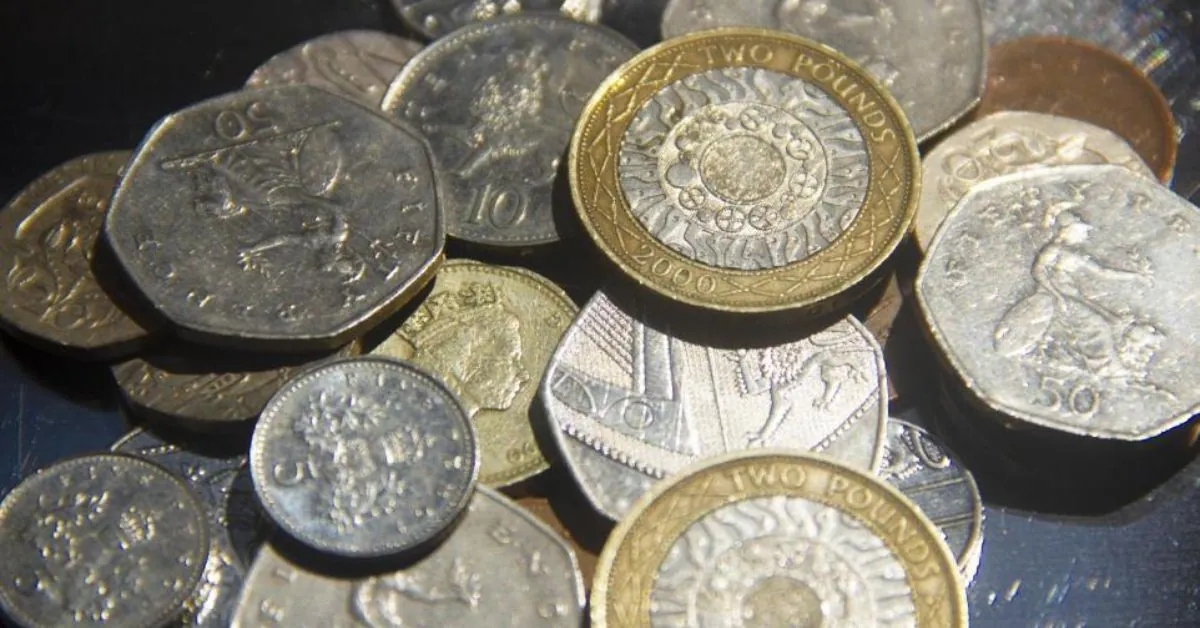
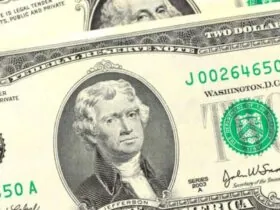
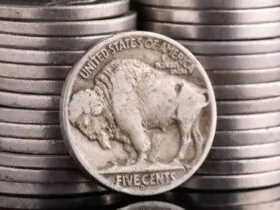
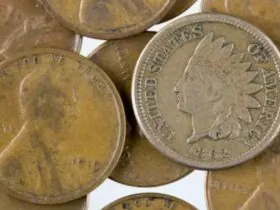

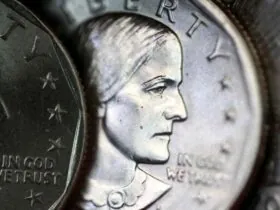
Leave a Reply